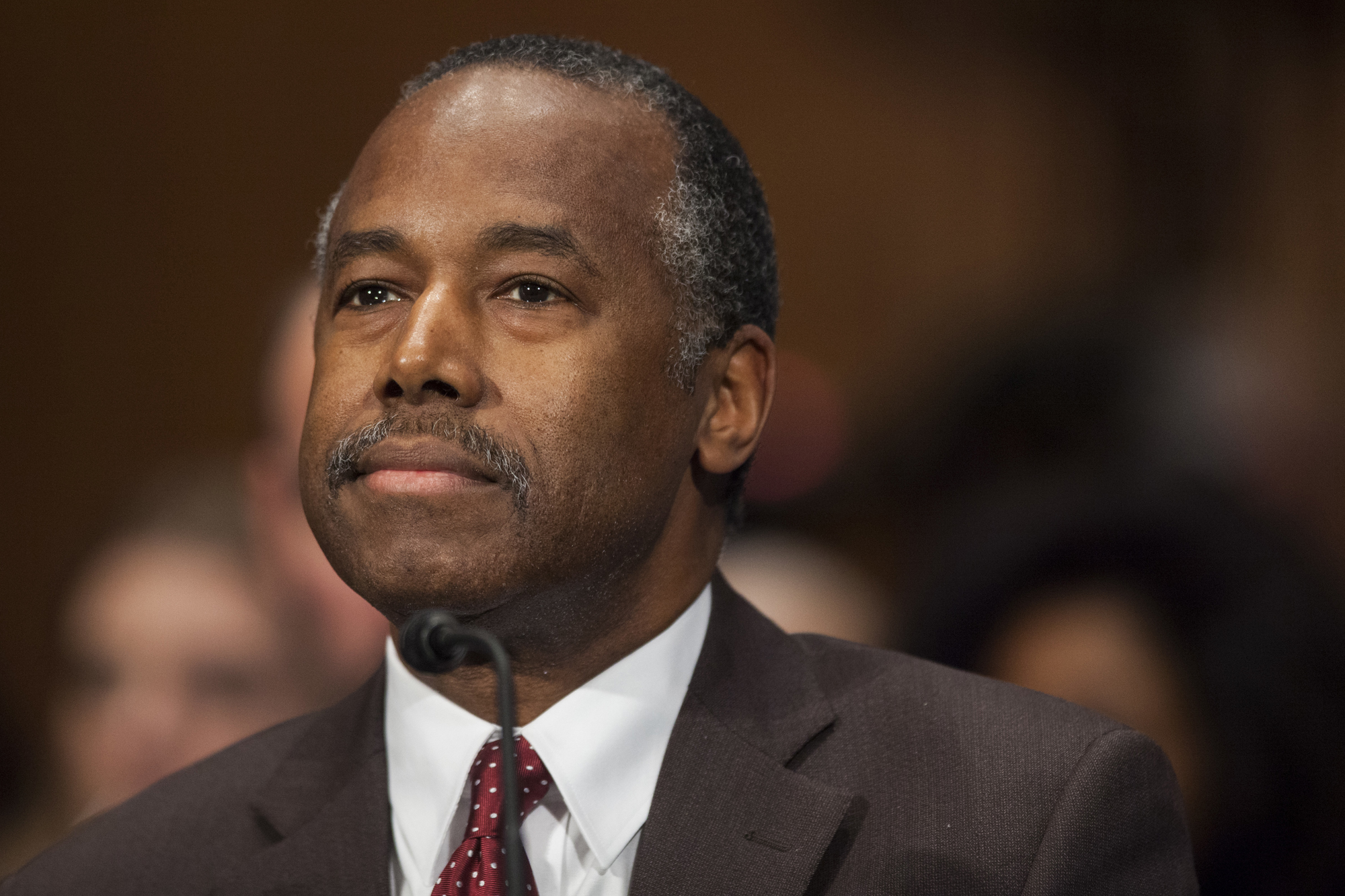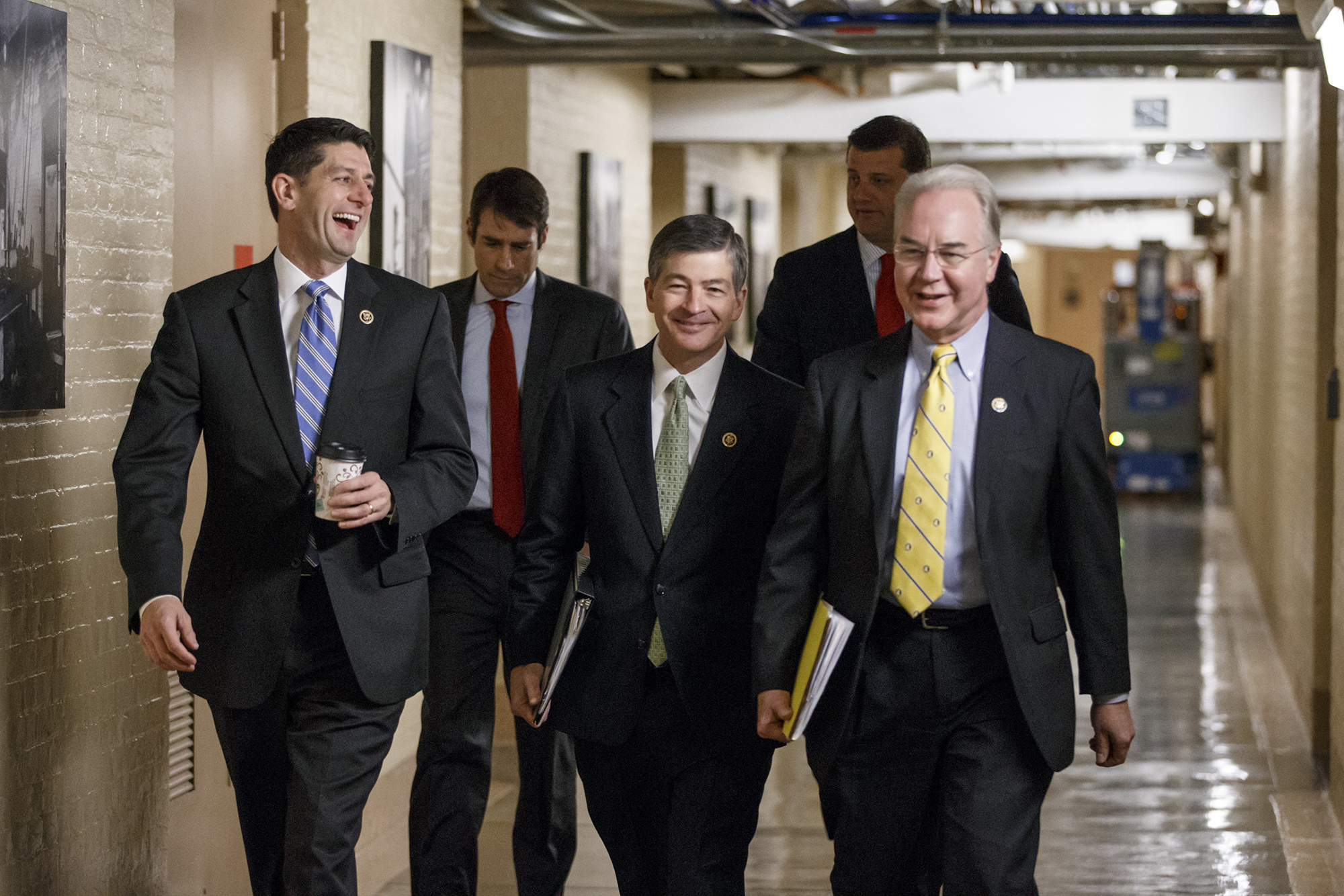When Dr. Ben Carson was nominated to be Secretary of the Department of Housing and Urban Development, many progressives were distraught. Dr. Carson’s lack of experience with housing policy, paired with his limited interest in running a federal agency, did not inspire much faith in his ability to manage an agency with a $47 billion budget that is tasked with supporting 31 million Americans.
By the time Carson was confirmed last month, there had been a shift. Media coverage softened, as some newspapers moved from being incredulous about his qualifications to arguing that his health background made him uniquely suited to running the department. During his confirmation hearing, Carson made that case himself by noting “good health has a lot to do with a good environment.” Some housing advocates, in turn, were hopeful he could be a good partner to their communities.
Less than a month into his tenure as HUD secretary, Carson is already beginning to undercut this argument. The Trump administration’s FY 18 budget, released today, proposes a $6.2 billion cut to the HUD budget—targeting programs that keep families housed and healthy.
Get TalkPoverty In Your Inbox
Today’s “skinny budget” was light on detail, so it didn’t account for all of the resources that would be slashed as a result of the 13.2 percent cut to HUD’s funding. According to earlier documents, about $1.5 billion of the cuts would come from the funds local governments rely on to clear public housing of mold and lead. That would add to the backlog of major repairs needed for public housing, which already stands at $26 billion. The budget does propose a $20 million increase in funding specifically for lead remediation, but that restores less than 1 percent of what is being cut.
The budget also cuts programs that help prevent and alleviate homelessness, which is associated with health problems due to weather exposure, untreated conditions, and inconsistent medical care. About 200,000 low-income households could lose the rental assistance they need to afford housing, and the development funds that local governments use to prevent homelessness stand to be gutted. These programs have reduced homelessness by 10 percent since 2010— including a 15 percent reduction in family homelessness, and a 33 percent reduction in veteran homelessness.
The cuts also eliminate programs that support entire communities in their effort to provide a healthy environment for children. Community Development Block Grants (CDBG) and Home Investment Partnership (HOME) grants build and fix affordable housing, finance health care centers, and create community centers that give children safe places to play. In 2013 alone, 9.8 million people lived in areas that benefited from CDBG-funded projects, and HOME grants have helped build or saved 1.2 million affordable homes since the program was created in 1990.
Sec. Carson knows that living in poverty makes children sick. Living in structurally unsafe, substandard housing places children and families at a higher risk for fire-related injuries, asthma, and lead poisoning. It is also responsible for more than 18,000 preventable deaths each year. Carson has acknowledged this time and time and time again over the years. And, in one of Sec. Carson’s first messages to staff and the housing community last week, he pledged to “use every fiber of [his] being to work to improve America’s neighborhoods.” So, where is he this week when communities and families need him to defend the vital dollars they rely on?
During his confirmation hearing, Carson told U.S. senators, under oath, that he no longer supported the extreme cuts he had once campaigned on for President. He called such cuts “cruel and unusual punishment.” His support of this budget breaks his oath to Congress, and it calls into question the ethical oath he swore to live by when he became a physician: to do no harm.
Carson’s decision to support the current budget would dishonor his lifetime Hippocratic creed to uphold the human dignity of the people he serves—the people, families, and communities that rely on HUD. They deserve housing that keeps them safe from winter storms and summer heat. They deserve roofs without leaks, paint without lead, and walls that aren’t bubbling with black mold. They deserve to be able to turn the stove on without worrying if the apartment will catch fire.
They deserve to be healthy.









